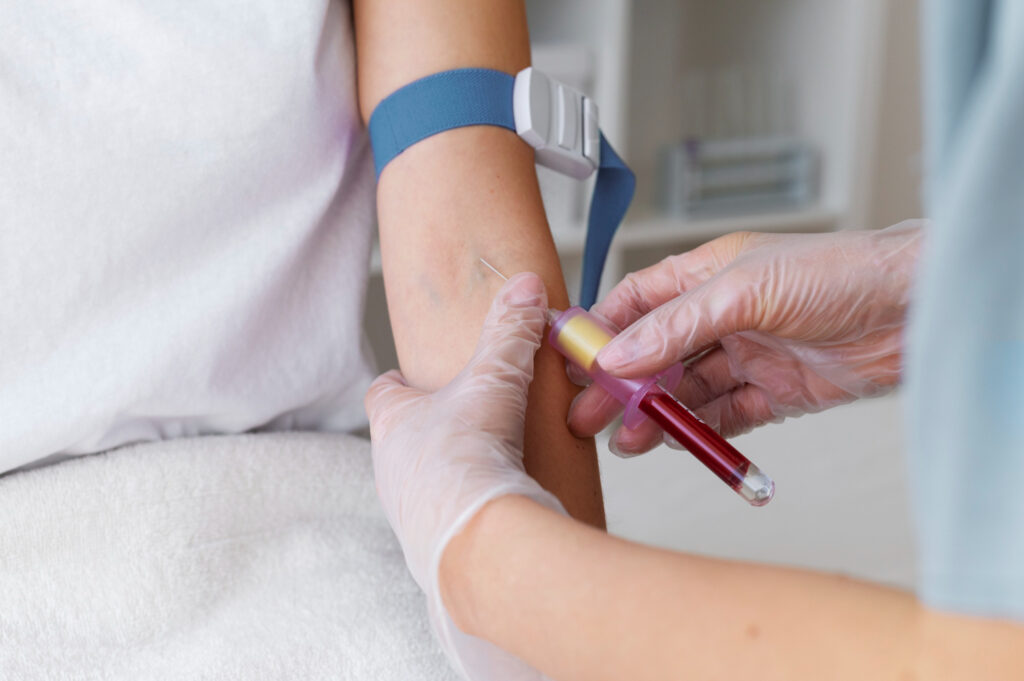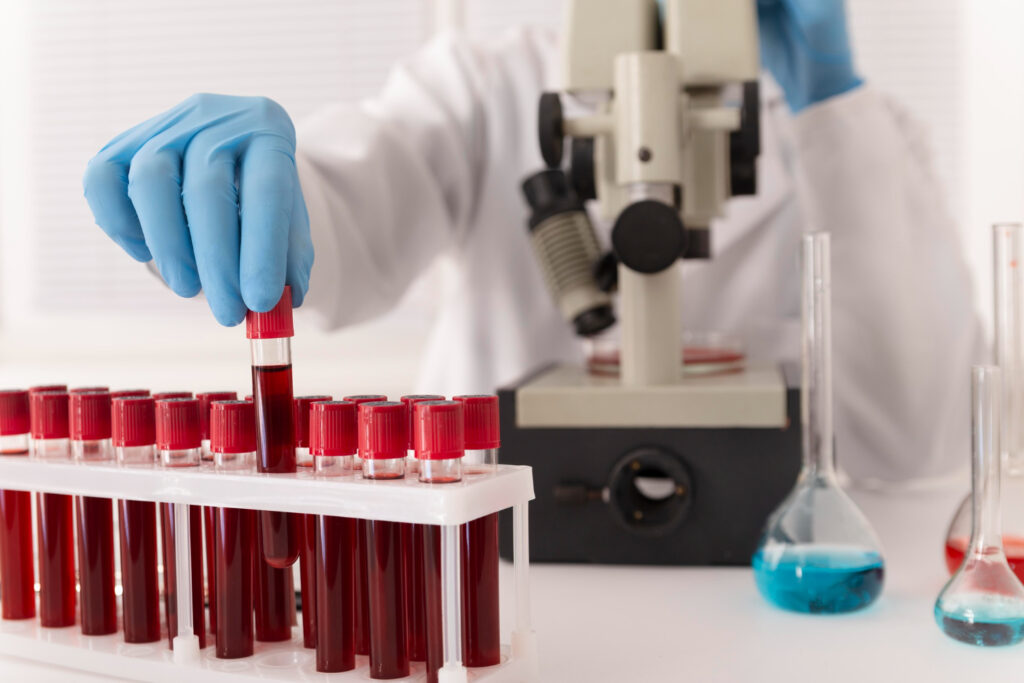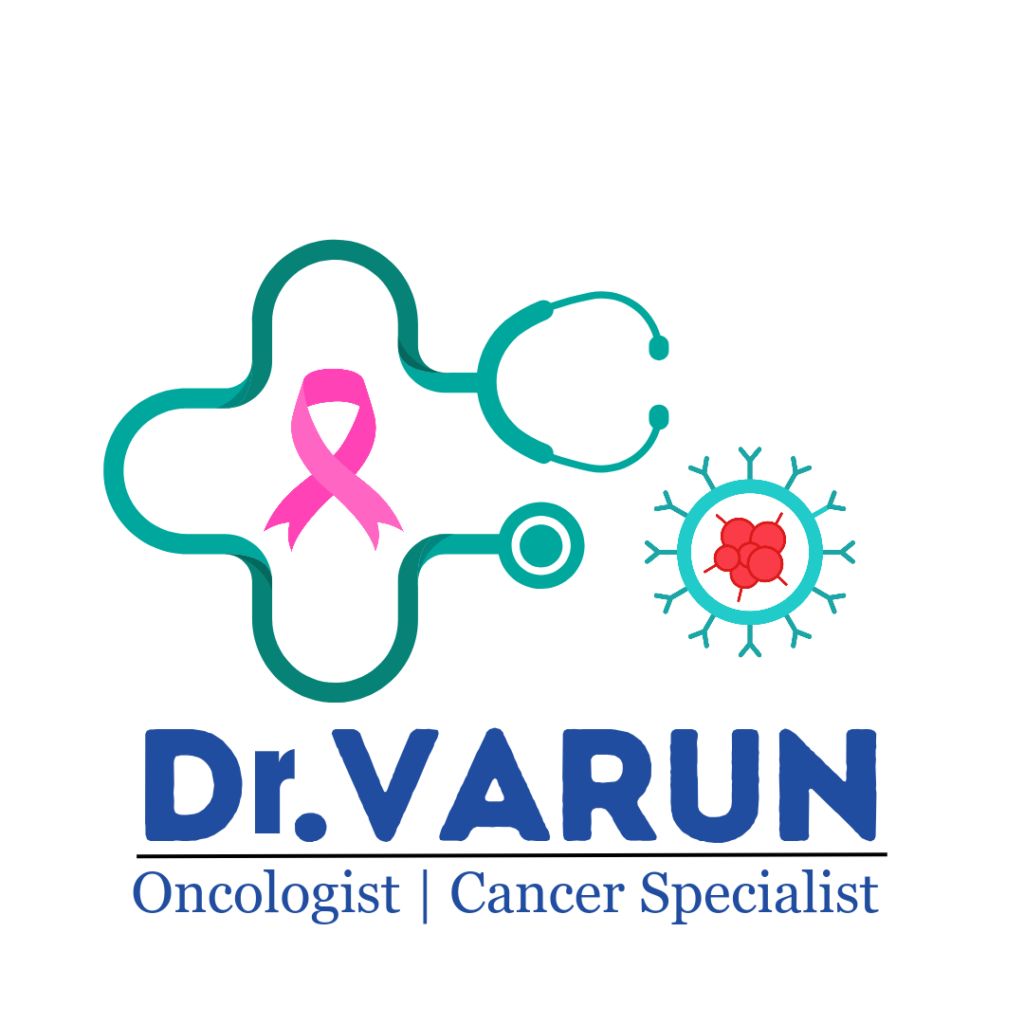Services
Oncology Treatments and Services
Chemotherapy

Chemotherapy is a form of cancer treatment that uses powerful drugs to kill or slow the growth of cancer cells. It is a systemic therapy, meaning it circulates throughout the body to target cancer cells wherever they may be.
Chemotherapy works by interfering with the ability of cancer cells to divide and multiply. The drugs used in chemotherapy can be administered in different ways, such as intravenously (IV), orally in the form of pills, or through injections.
While chemotherapy is effective at targeting rapidly dividing cancer cells, it can also affect normal, healthy cells that divide rapidly, such as those in the bone marrow, hair follicles, and digestive tract. This is why some common side effects of chemotherapy include hair loss, nausea, fatigue, and a lowered ability to fight infections. However, advancements in medical research and supportive care have improved side effect management
Immuno Therapy

Immunotherapy, also known as immune therapy or biologic therapy, is a type of cancer treatment that harnesses the body’s immune system to help fight cancer. Unlike traditional treatments like chemotherapy or radiation, which directly target cancer cells, immunotherapy boosts the body’s natural defenses to identify and attack cancer cells more effectively.
The immune system is responsible for recognizing and eliminating abnormal cells, including cancer cells. However, cancer cells can sometimes evade the immune system’s detection or suppress its response. Immunotherapy aims to overcome these obstacles and enhance the immune system’s ability to target cancer cells.
Hormonal Therapy

Hormonal therapy, also known as hormone therapy, is a type of cancer treatment used to slow down or stop the growth of certain cancers that are sensitive to hormones. It is commonly used to treat hormone receptor-positive breast cancer and prostate cancer, although it may be used for other types of cancers as well.
Hormones are naturally occurring substances in the body that act as chemical messengers, regulating various physiological processes. In some cancers, such as breast and prostate cancer, the growth of cancer cells is influenced by specific hormones, like estrogen and progesterone in breast cancer or testosterone in prostate cancer.
Cancer Vaccine

Cancer vaccines are a type of immunotherapy that aims to stimulate the body’s immune system to recognize and attack cancer cells. Unlike traditional vaccines that prevent infectious diseases, cancer vaccines are designed to target existing cancer cells or prevent cancer recurrence.
There are two main types of cancer vaccines:
Preventive (Prophylactic) Vaccines: These vaccines aim to prevent certain types of cancer by targeting viruses or other factors known to cause cancer. For example, the human papillomavirus (HPV) vaccine is a preventive vaccine that reduces the risk of developing cervical and other HPV-related cancers.
Therapeutic (Treatment) Vaccines: These vaccines are used as part of cancer treatment to help the immune system recognize and attack cancer cells. They work by presenting specific antigens (proteins) found on cancer cells to the immune system, prompting an immune response against those cells
Targeted Therapy

Targeted therapy is a type of cancer treatment that uses drugs or other substances to specifically target and attack cancer cells while causing minimal damage to normal, healthy cells. Unlike traditional chemotherapy, which affects rapidly dividing cells throughout the body, targeted therapy focuses on specific molecules or pathways that are involved in the growth and survival of cancer cells.
The development of targeted therapies is often based on a deep understanding of the molecular and genetic changes that drive the growth and progression of certain types of cancer. By identifying these specific alterations, researchers can design drugs that directly interfere with the cancer cells’ abnormal functions.
There are various types of targeted therapies, each targeting different molecules or pathways:
Small molecule inhibitors: These drugs are small enough to enter cells and interfere with specific proteins involved in cancer growth. They are usually taken orally as pills.
Monoclonal antibodies: These are laboratory-produced proteins that target specific proteins on the surface of cancer cells. They can also trigger the immune system to attack cancer cells.
Signal transduction inhibitors: These drugs block signals that promote cancer cell growth and division.
Angiogenesis inhibitors: These drugs target the formation of new blood vessels that tumors need to grow and spread.
PARP inhibitors: These drugs target enzymes involved in repairing damaged DNA in cancer cells.
Childhood Cancer Therapy

Childhood cancers refer to a group of cancers that occur in children and adolescents. While cancer is relatively rare in children compared to adults, it remains a significant health concern. Childhood cancers differ from adult cancers in terms of the types of cancer that are more common and the age groups affected.
Some common types of childhood cancers include:
Leukemia: It is the most common type of childhood cancer and involves abnormal white blood cell production. The two main types are acute lymphoblastic leukemia (ALL) and acute myeloid leukemia (AML).
Brain and Central Nervous System (CNS) tumors: These tumors can affect various parts of the brain and spinal cord and can be both benign (non-cancerous) or malignant (cancerous).
Neuroblastoma: This cancer develops from immature nerve cells and is most commonly found in the adrenal glands but can also occur in other areas of the body.
Wilms tumor: It is a type of kidney cancer that primarily affects young children.
Lymphomas: Lymphomas in children are mostly non-Hodgkin lymphomas, which affect the lymphatic system.
Rhabdomyosarcoma: This cancer originates in muscle or soft tissue and is more common in younger children.
Retinoblastoma: It is a rare eye cancer that affects the retina and is typically diagnosed in very young children.
Hematology Services

Blood Cancer Treatment

All Blood Related Diseases

Bone Marrow Transplant
Allied Specialties

Breast & Gynac Oncology

Head and Neck Oncology

Thoracic Oncology

Uro Oncology

GI Oncology

Hepatic Biliary Pancreatic Oncology

Musculoskeletal Oncology

